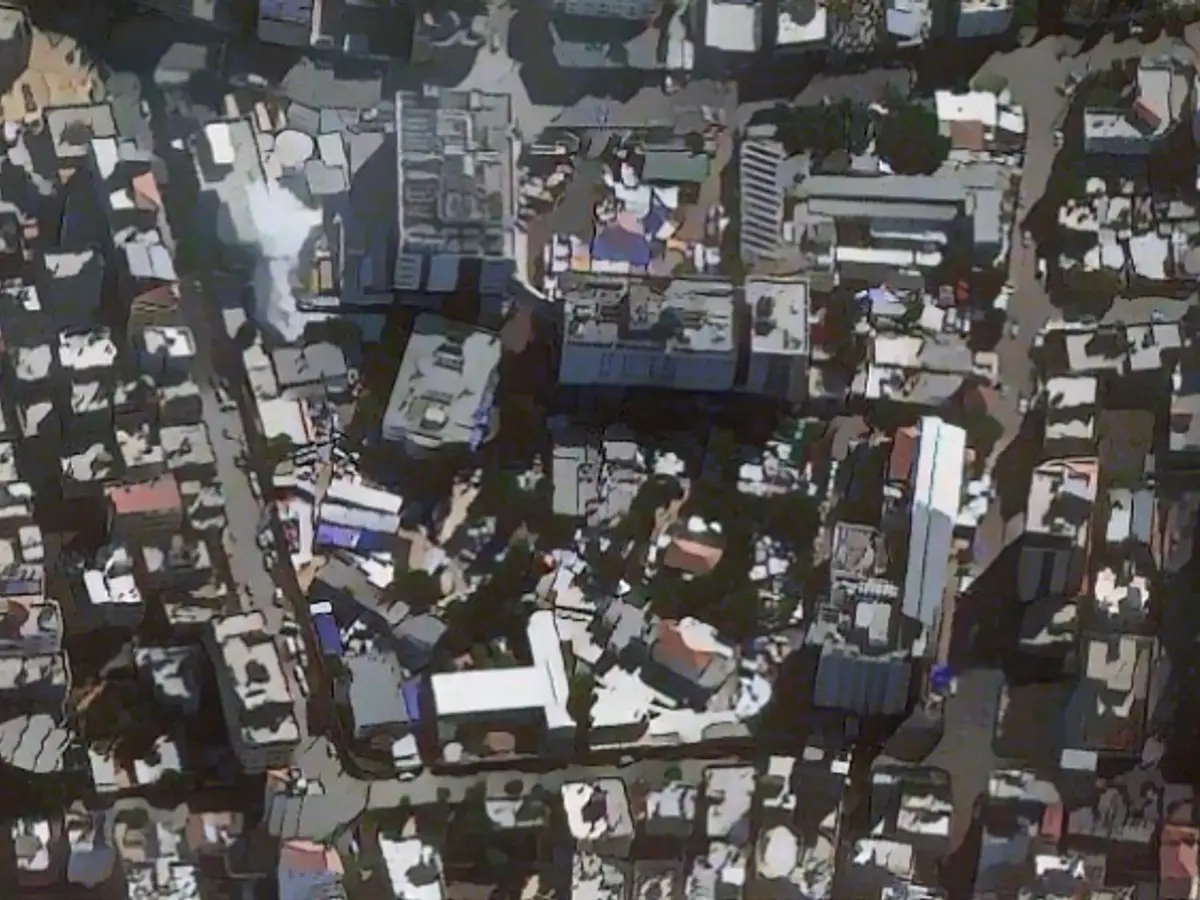Al-Aksa Hospital Crisis: Gaza's Medical Supplies on the Brink
Doctors Without Borders (MSF) is sounding the alarm over the dire situation at their hospital in Gaza Strip. The organization took to their social media platform, lamenting the critical shortage of medical supplies and fuel at the Al-Aksa hospital, located smack in the middle of the conflict zone.
The root cause of this predicament is the seemingly endless border closures. "Lift the siege! Immediate delivery of medical supplies to the entire Gaza Strip is urgently needed," MSF insisted.
The past few weeks have seen an average of 150 to 200 war-injured patients admitted to the hospital daily since the fighting resumed on December 1. The hospital currently houses around 700 patients, with new arrivals continually streaming in. "We are running out of basic supplies to treat them," said emergency aid coordinator Marie-Aure Perreaut Revial.
The looming absence of medicines and fuel could spell the end of life-saving operations and intensive medical treatment, MSF warned. Without electricity, ventilators would cease to function, blood transfusions would be impossible, and sterilization of surgical instruments would be nigh impossible.
In desperate need are surgical instruments, bone-setting devices, and basic pharmaceuticals, including those for chronic illnesses, Perreaut Revial revealed.
Further Reading:
Background:
The ongoing Middle East conflict has led to critical inventory shortages at Al-Aksa Hospital, operated by MSF. The area's ongoing border closures and Israeli restrictions have caused a severe scarcity of medical supplies, including fuel and medical equipment.
Towards a Solution: International Responses
MSF Operations: MSF operates in several facilities in Gaza, including Al-Aqsa hospital and Nasser hospital. They provide surgical support, wound care, physiotherapy, maternity and pediatric care, basic healthcare, vaccinations, and mental health services. The blockade, however, has left hospitals grappling with a lack of essential supplies, making it difficult to provide adequate care.
Humanitarian Aid: The Israeli blockade has severely hampered the entry of humanitarian aid into Gaza. Between May 2024 and January 2025, approximately 43% of all humanitarian movements coordinated with Israeli authorities were denied, marking the highest rate of denial of access recorded since the hostilities began in October 2023. The blockade was accused of violating the rights of pregnant women and girls by obstructing the entry of lifesaving aid and services into Gaza.
Medical Evacuations: Only a small number of patients have been medically evacuated from Gaza, primarily due to the closure of the Rafah crossing between Gaza and Egypt. The Health Ministry maintains a severe triage system, with only critical patients given priority for medical evacuation.
International Calls for Action: Human Rights Watch has called on Israel to comply with international law, including ensuring its conduct complies with legally binding orders from the International Court of Justice. Humanitarian organizations, including MSF, have urged for the lifting of the blockade and quick provision of medical supplies and humanitarian aid.








